Over the years, Alhaji Aliko Dangote, President and Chief Executive of Dangote Industries Limited, has garnered both admirers and detractors on a large scale. Regardless of opinions about him, he is among the select few using their entrepreneurial intellect, relentless attitudes, and substantial resources to make a positive impact on the Nigerian economy. Individuals like him come around, as Azu would say, only once in a century. To such visionaries, the nation owes it to itself to support.
Nigeria boasts of notable entrepreneurs, including Tony Elumelu, Femi Otedola, and Mike Adenuga. However, Dangote stands out, having demonstrated an indomitable spirit and entrepreneurial acumen far surpassing his peers. He single-handedly built the world’s largest single-train 650,000 barrel-per-day crude oil refinery, capable of transforming crude oil into diesel, gasoline, jet fuel, and kerosene.
This refinery, aside from being capable of generating an estimated annual market value of $21 billion for Nigerian crude, can meet 100% of the nation’s diesel, kerosene, and aviation jet fuel needs. Importantly, it can help stabilize the Naira and consolidate the drive towards addressing inflation.
This accomplishment comes at a time when the Nigerian government has failed to revive its three refineries in Kaduna, Warri, and Port Harcourt, forcing the nation to import all its fuel needs despite investing billions in turn-around maintenance and issuing repeated assurances of their functionality.
Again and again, deadlines for the Port Harcourt refinery’s operations have passed with no progress. As we await yet another deadline, the failure to revive any of the three moribund refineries underscores the significance of Dangote’s achievement. Investing no fewer than $20 billion into the refinery, Dangote also built his own seaport, roads, and even tamed the Atlantic Ocean. If these efforts don’t compel us to ensure the refinery’s success and jealously safeguard it from the hawks in the oil sector, then nothing will.
Suffocation Attempts
Recently, Dangote, typically taciturn, addressed three fundamental issues: crude supply to his refinery, the government’s (NNPCL’s) stake in the refinery, and attempts by International Oil Companies to frustrate the refinery’s operations. This revelation has since stirred concerns.
Many Nigerians are alarmed that despite the availability of crude oil in the country, the Dangote Refinery is importing crude oil. This indicates that some vested interests are working against the refinery’s success.
Recent actions by the regulator and others favoring foreign products over local ones and misrepresenting the comparative quality between imported products and those from the Dangote refinery are counterproductive. This demarketing undermines the federal government’s efforts to instill confidence in the investment climate, threatening lasting repercussions that could deter both local and foreign investments.
The regulator’s actions in recent days have further clarified where the problem lies. We are dealing with a cabal, supported by foreign interests, who made it impossible for government refineries to operate, forcing us into importation. These are the real enemies of Nigeria, profiting from sustained fuel importation and other opaque dealings in the oil and gas sector, and they are determined to see the Dangote Refinery fail.
Monopoly Tag, A Smokescreen
Claims about monopoly and its impact on national energy security are unfounded. There is no evidence that Dangote seeks a monopoly. Did he prevent the Nigerian government from fixing its refineries? Is he asking that the nation should sell crude oil only to his refinery? Has he asked that licence to build new refineries should not be issued to willing investors? No. It’s clear that vested interests are selling crude oil to the Dangote refinery at higher prices to discourage its operation.
The NNPC, which promised to buy a 20% stake in the Dangote Refinery, ended up with just 7.2%, raising further questions. The national oil company’s reason for buying a measly 7.2% instead of the initial 20% is as funny as its recent actions, including the deliberate attempt to de-market the refinery.
Perhaps the regulator and indeed the government need to be reminded that as the largest single investment by an individual, the Dangote Refinery symbolizes the great potential of the Nigerian nation, which also attests to the fact that we are serious about business and ready, now more than ever before, to take our pride of place in the global oil and gas sector.
To be rudely honest, the nation owes it to the Dangote refinery as a duty to support the investment which is vital to the economic future of the giant of Africa. Anything short of total and unconditional support to this refinery will create the impression to both local and foreign investors that Nigeria is not a viable investment destination.
Attempts to gag the Dangote refinery have far-reaching implications for the nation’s economy. A nation looking desperately for foreign investors must endeavor to do better. Investors outside the shores of this country who are contemplating coming in will be asking one fundamental question: If the nation does this to one of its own, what can it not do to outsiders?
Obviously discouraged by the hostile business environment in the oil sector, the Dangote Group declared that it was withdrawing its interest in investing in steel. It is very unlikely that we may get anyone who will venture into steel the way Dangote would have. Should this trend continue, many potential investors will move their money elsewhere instead of bringing them to Nigeria.
The government must put in place policies that will make it convenient for investors to invest in critical sectors like steel, which has the potential to create jobs and boost economic development. Nigeria cannot afford anything short of that at a time like this when frantic efforts are required to expand revenue and streams of cash inflows.
Shrug Off Politics
The political leadership must resist the temptation to allow politics to trump economic considerations. And doing this will require a critical reevaluation of our approach to political economy. We must be propelled by the desire to safeguard national interests and support the growth of local businesses.
Whichever way it turns out, I know that Alhaji will not cave in. He fought his way through and won’t back off now. To realise this project which now has a 70% Nigerians and 30% expatriates’ employment policy, Dangote fought attempts by Ogun state government to frustrate him, had to contend with the Lekki community after buying the land from Lagos state government, had to import virtually all the equipment, and single handedly handled engineering, procurement and construction. No man comes this far only to cave-in to the antics of some cabal, certainly not a Dangote.
And like he recently stated, the man is driven solely by the desire to create employment, and support the growth of Nigeria’s economy. If the desire to make more money was the sole motive, Alhaji would have used the $22bn sunk into the Dangote Refinery to buy shares of Microsoft, any of the Elon Musk companies or others and possibly would have made $100bn by now. But hey, it is clear that boosting the economy is his intention and we must support him.
Therefore, the government must do all it takes to ensure a stable supply of crude oil to the Dangote Refinery while reviving Kaduna, Port Harcourt and other moribund refineries, or at best, sell them to wean the nation of such liabilities that they are gradually becoming.
The success of the Dangote Refinery is not just about one company or an individual who, like all of us, will not be here forever. We must view it for what it is: the future of the economy and the collective prosperity of the nation and its people. This is beyond an individual. To that extent, Nigerians must rally behind the refinery. The Dangote Petroleum Refinery and Petrochemical must work, no more, no less.
Who Stopped Katsina Road Project?
Why was the N147.6 billion contract for the repair of Katsina-Kankara-Dutsinma-Maraba Kankara road in Katsina State cancelled after the contractor reportedly mobilised to site and had commenced work? There are media reports that the contract, awarded to an indigenous firm, Vipan Global Resources Limited, with a 24-months completion period was suddenly cancelled even after the Katsina Emir, Abdulmumini Kabir Usman, lauded PBAT for the project. The fact that the said contract was awarded in April 2024 and the contractor mobilised to site immediately only for it to be cancelled this month shows clearly that something is fundamentally wrong. Was there no due diligence before the award? If yes, why was there no due diligence? If indeed there was, why the cancellation? Whichever way, the cancellation sends a bad signal. PBAT should direct the works ministry to rescind that decision and allow the contractor to resume work. It is good for the economy of the state just as it is for his political career.

 3 months ago
66
3 months ago
66

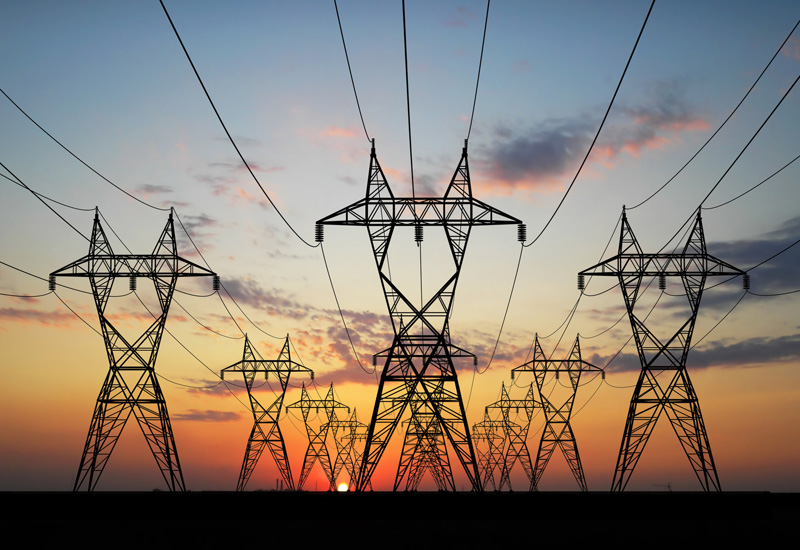
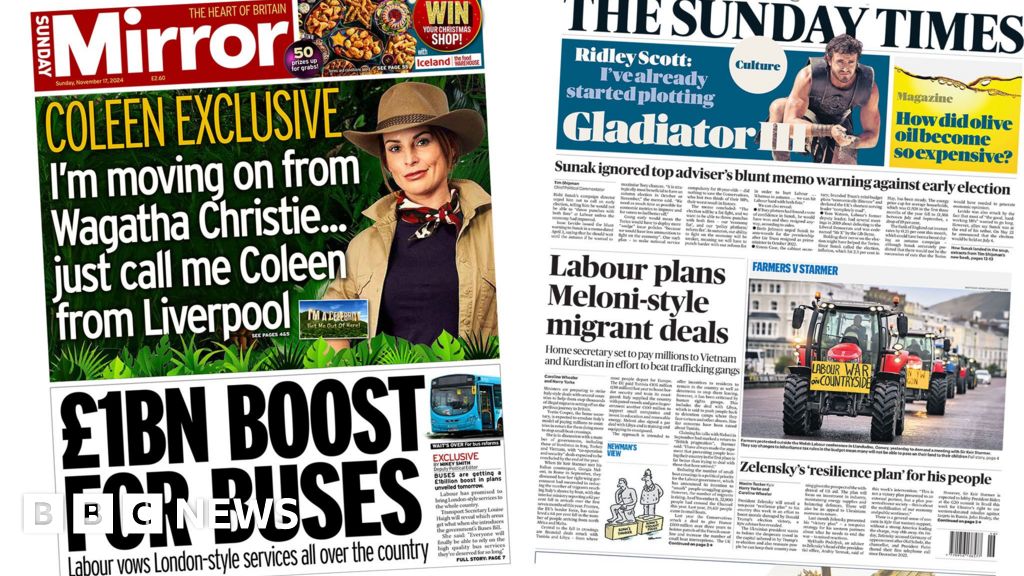


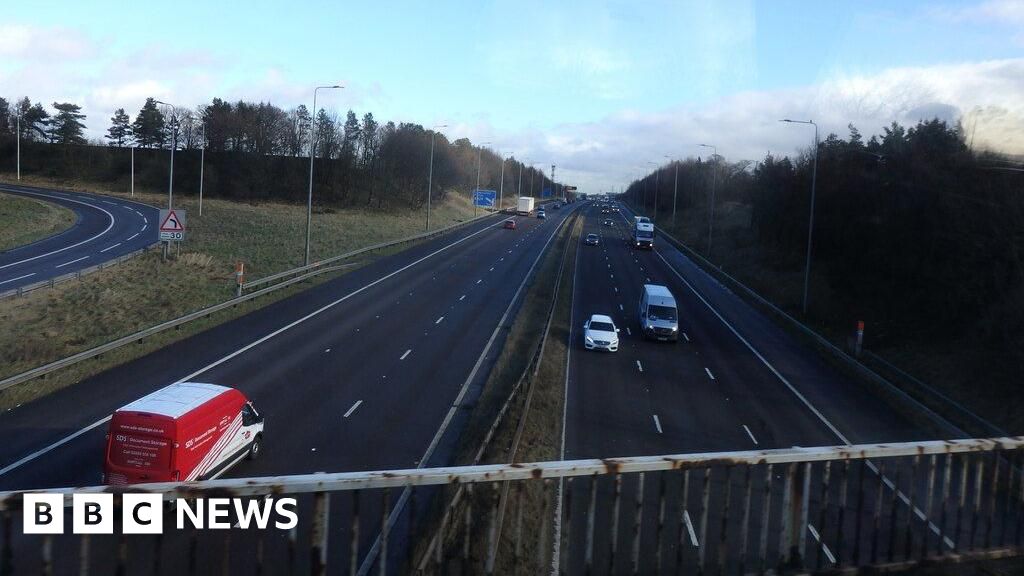



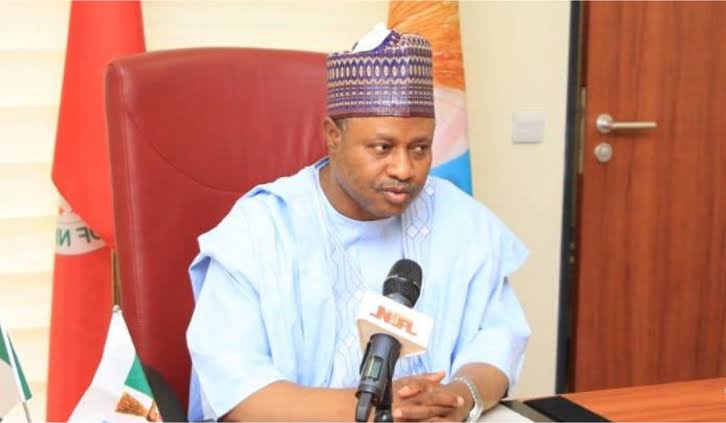
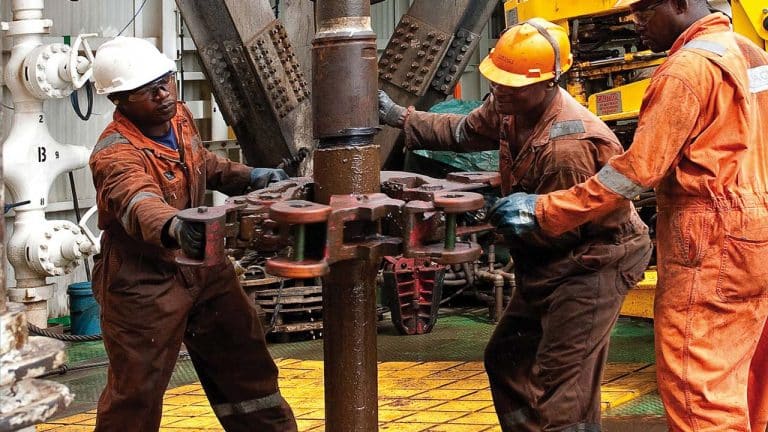




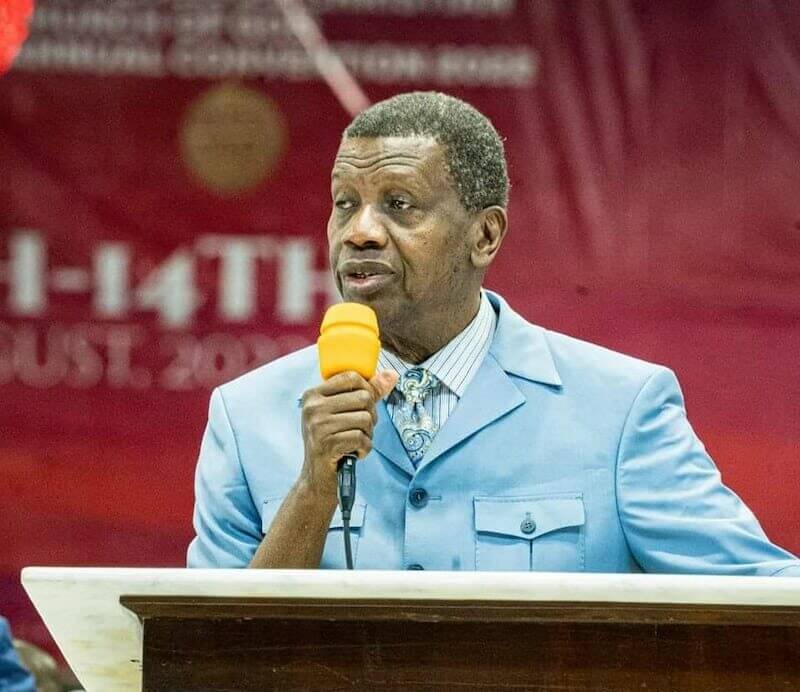
 English (US) ·
English (US) ·